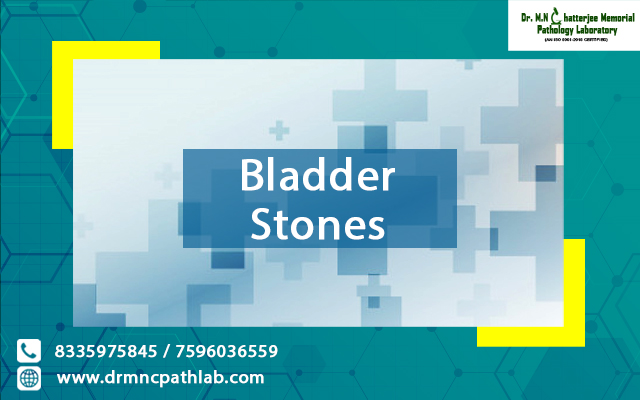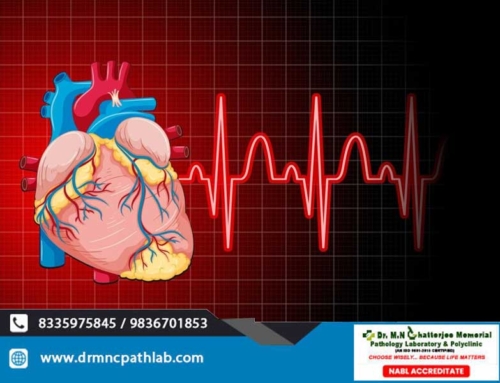The hard masses of minerals in your bladder are bladder stones. The crystallization of the minerals present in concentrated urine leads to the formation of these. If you cannot fully empty your bladder, this happens. In some cases, the bladder stones may pass without any treatment. However, there may be a need for surgery in many cases. There can be many complications due to bladder stones. You should undergo proper treatment by the specialist at the best polyclinic in Uttarpara.
Symptoms
When the stones irritate the bladder wall or block the urine flow, there may be the following symptoms.
- Pain while urinating
- Pain in the lower abdomen
- Frequent urination
- Difficulty in urinating
- Cloudy or dark-coloured urine
- Blood in the urine
Causes
The following are some of the causes that lead to the formation of bladder stones.
- Enlargement of the prostate gland: There can be bladder stones in men due to an enlarged prostate. It can prevent the emptying of the bladder completely by blocking the flow of urine.
- Damaged nerves: The function of the nerves is to carry messages to the bladder muscles from the brain, directing your bladder muscles to tighten or release. Any damage to these nerves can cause your bladder to not being fully empty. Neurogenic bladder is the name of this condition. The ultimate result is the formation of bladder stones.
- Inflammation: Urinary tract infections or radiation therapy to the pelvis can cause bladder inflammation, which often leads to bladder stones.
- Kidney stones: Small stones from the kidneys can often travel down into the bladder. These can settle down there and form bladder stones.
- Medical devices: Bladder stones may form due to the use of bladder catheters. Mineral crystals often form on the surfaces of these devices and ultimately become bladder stones.
Diagnosis
The doctor will check whether your bladder is enlarged or not by feeling your lower abdomen. He /she may also carry out a rectal exam to check for an enlarged prostate. The following tests help to diagnose bladder stones. A pathology lab in Hooghly has the necessary facilities for these tests.
- A urine test: The doctor may suggest you send your urine sample for testing to find the amounts of blood, bacteria and crystallized minerals. The detection of urinary tract infection is also possible through this test.
- CT scan: For detecting even very small stones, a CT scan is highly recommended.
- Ultrasound: Sound waves bounce off your body organs to create images, which help to detect bladder stones.
- X-ray: The doctor can know whether you have bladder stones from an X-ray of your kidneys, ureters and bladder.
Treatment
By drinking a lot of water, you can make the small stones pass naturally. However, the best doctor in Uttarpara suggests the following treatment options for the large stones.
- Breaking the stones:
The stones are broken into small pieces with the help of a laser or ultrasound. Then these pieces are flushed from the bladder.
- Surgery: The surgical removal of bladder stones is necessary when these are large or too hard to break. It is also possible to treat an enlarged prostate or an obstruction in the bladder outlet if these problems cause bladder stones.






